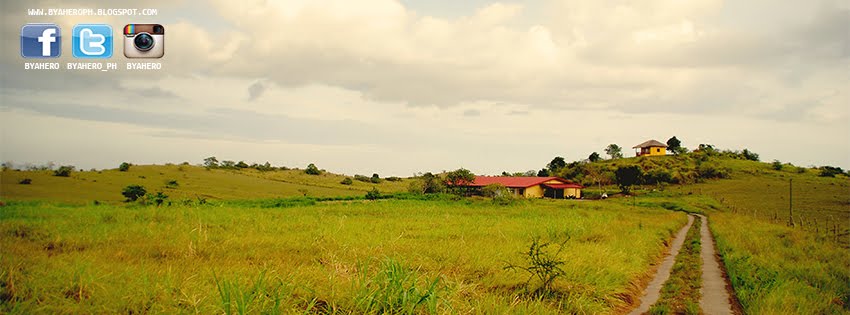Oas Police Station and Municipal Hall
Oas is now reclassified as First Class municipal in the province of Albay, Philippines.
The town's economy is generally agricultural. Its major products include rice, root crops such as sweet potato and gabi (taro), coconuts, and other fruits and vegetables.
Fish and other shell foods are also harvested in its coastal areas but do not contribute much to the municipality's income. Underutilization of the town's marine products is due to limited access and transportation to its coastal areas. Farm-to-market roads are currently being constructed to alleviate this situation.
Oas Church
St. Michael Academy
The municipality was founded during the early Spanish Colonization of the Bicol Peninsula. In 1605, Father Baltazar de los Reyes converted 12 leading natives of the area to Christianity in one day, forming the foundation of the community now known as Oas.
There are three stories that tell the origin of the name of Oas:
- The existence of numerous lagoons or pools of water abounding it prompted early colonizers to give it the name of "Oasis". The natives soon called the place by this name and later abbreviated it to "Oas".
- There is a dam across the narrowest portion of a local river. This dam solely irrigates the vast fields of the place including those of the nearby town of Libon and results in a good harvest. People are wary of any cracks or leaks on the dam walls during months of heavy rains. A crier would shot "nawaswas" giving the call to the people for immediate action in groups. From then on, the natives coined this name to the place and later shortened it to present from in times of this kind emergency.
- Early Spanish Colonizers reaching this particular section of the Bicol Peninsula asked the name of the place from the about 600 natives living there, "Como se llama este sitio?" with gesture of their hands. The natives mistakenly thought the question to be, "Onan kading lugar kadi, maiwas?" (What place is this, it's very big?) in their native dialect. In response, the natives answered, "Si, señores. Labi nikading iwas. Labi nikading iwas." (Yes, sirs, this is grand and spacious). From then on the early Spanish colonizers adopted in their official census the existence of "a rich fertile valley with verdant fields of grain" which is the little town of Oas in Bicol.
Source: Wikipedia







.jpg)



.jpg)



.jpg)



No comments:
Post a Comment